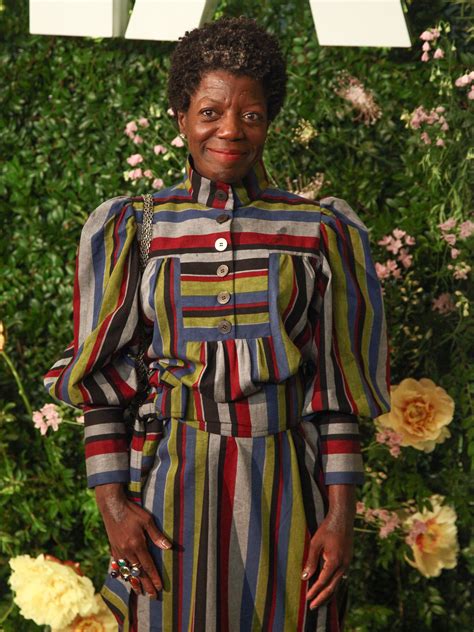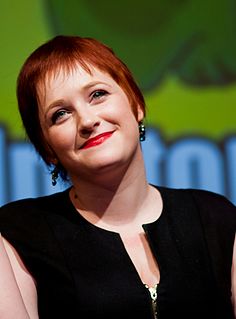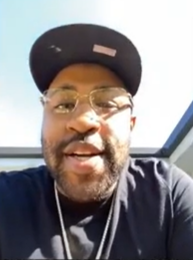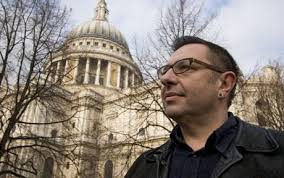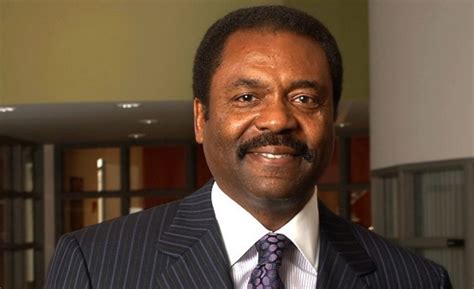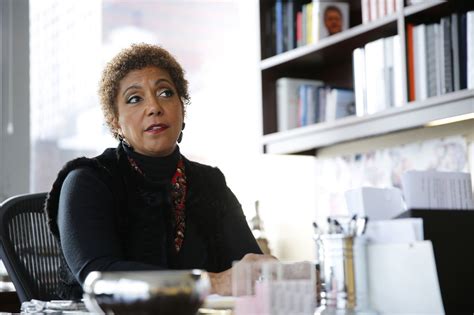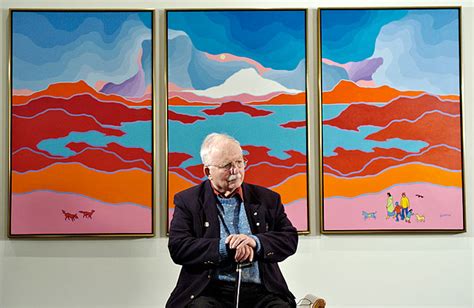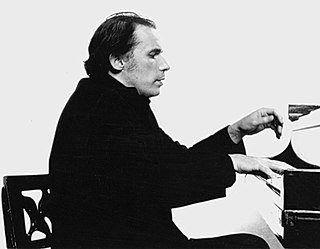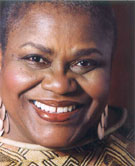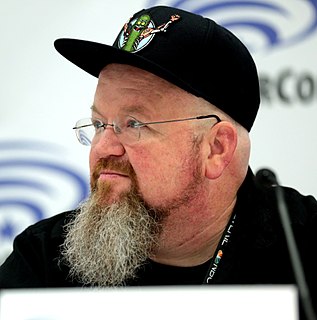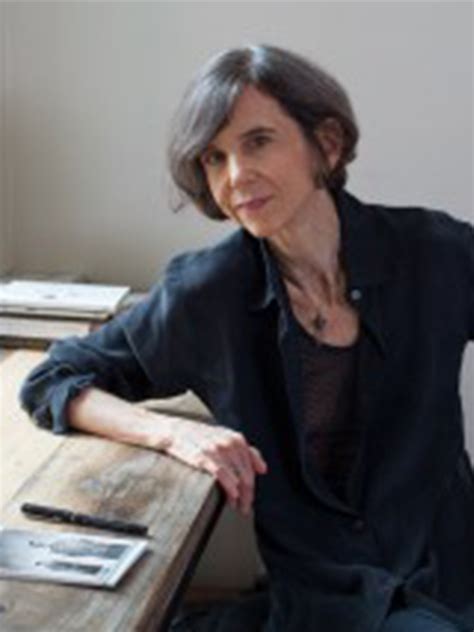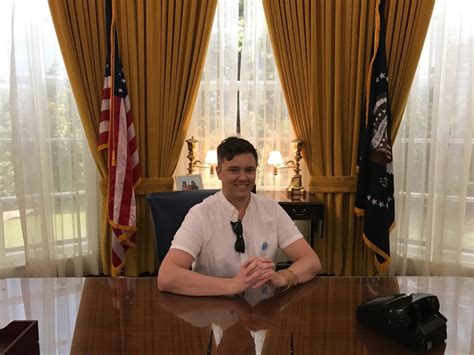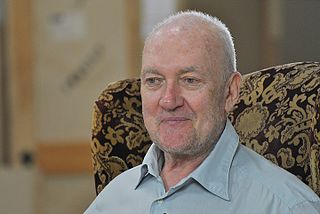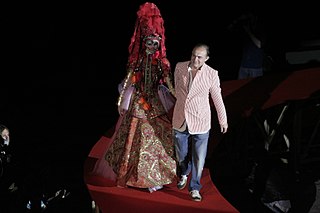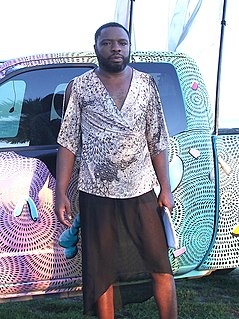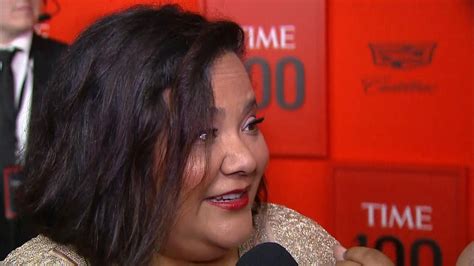Top 58 Curator Quotes & Sayings
Explore popular Curator quotes.
Last updated on April 14, 2025.
In the years that I worked in museums, first as a summer student and eventually as a curator, one of the primary lessons I learned was this: History is shaped by the people who seek to preserve it. We, of the present, decide what to keep, what to put on display, what to put into storage, and what to discard.
The main joy I have in owning or being a part of my own label is the platform I've created to really push other artists and this other kind of musical muscle I get to exercise, it's not just me as a creator of music but me as a curator. That's been really exciting and I do get to have the autonomy and control and all those things with my releases, but now I get to go and find artists that I really love and like and share them with the world too.
I was worried that I, the artist Morimura, would have conflicts with the participating artists and develop a strenuous relationship with them. But the actual experience was completely the opposite. The artists accepted my requests rather positively, because it came from a fellow artist. I strongly feel that the fact that my being an artist avoided the usual curator vs artist tension, and led to creating a positive atmosphere as well as developing a solidarity amongst artists and building a community for artists.
The way something looks or sounds is also what it means. Words as visual and aural phenomena, which mainly poets, not critics and prose writers, tend to be obsessed with. I think maybe I'm more of a curator than I am a writer in the strict sense because I am interested in how everything on the page, in a space, works together.
When money and hype recede from the art world, one thing I won't miss will be what curator Francesco Bonami calls the 'Eventocracy.' All this flashy 'art-fair art' and those highly produced space-eating spectacles and installations wow you for a minute until you move on to the next adrenaline event.
Images work on so many different levels. As a writer you feel them, try not to get in their way or narrow them down to anything other or less complex. A writer is a curator of sorts - once you've brought the images together you try to stand at a respectful distance and let them speak for themselves. Try not to mess with their ambiguities and contradictions. They are what they are, irreducible. This is their integrity.
I'm sure I would have been considered a more significant artist if I was a singer-songwriter. It's just not the way I roll. I love being a curator and a musicologist. People write me letters and thank me for turning them on to Fred McDowell and Sippie Wallace, and that's partly my job this time around.
I think that a lot of artists have succeeded in making what I might call "curator's art." Everybody's being accepted, and I always want to say, "Really? That's what you've come for? To make art that looks a lot like somebody else's art?" If I am thinking of somebody else's art in front of your art, that's a problem.
My high school guidance counselor, Mrs. Inverholl, once had me take an aptitude test to figure out my future. The number one job recommendation for my set of skills was an air traffic accident investigator, of which there are fewer than fifty in the world. The number two job was a museum curator for Chinese-American studies. The number three job was a circus clown.
Curator Shantrelle P. Lewis left for Amsterdam an Andy Warhol fellow, and came back with a film in her pocket. Please support this confrontation of the Netherlands' violently passive aggressive racist traditions, by an American Southern, aggressive aggressive. She's a top notch thinker and lover of questions.


